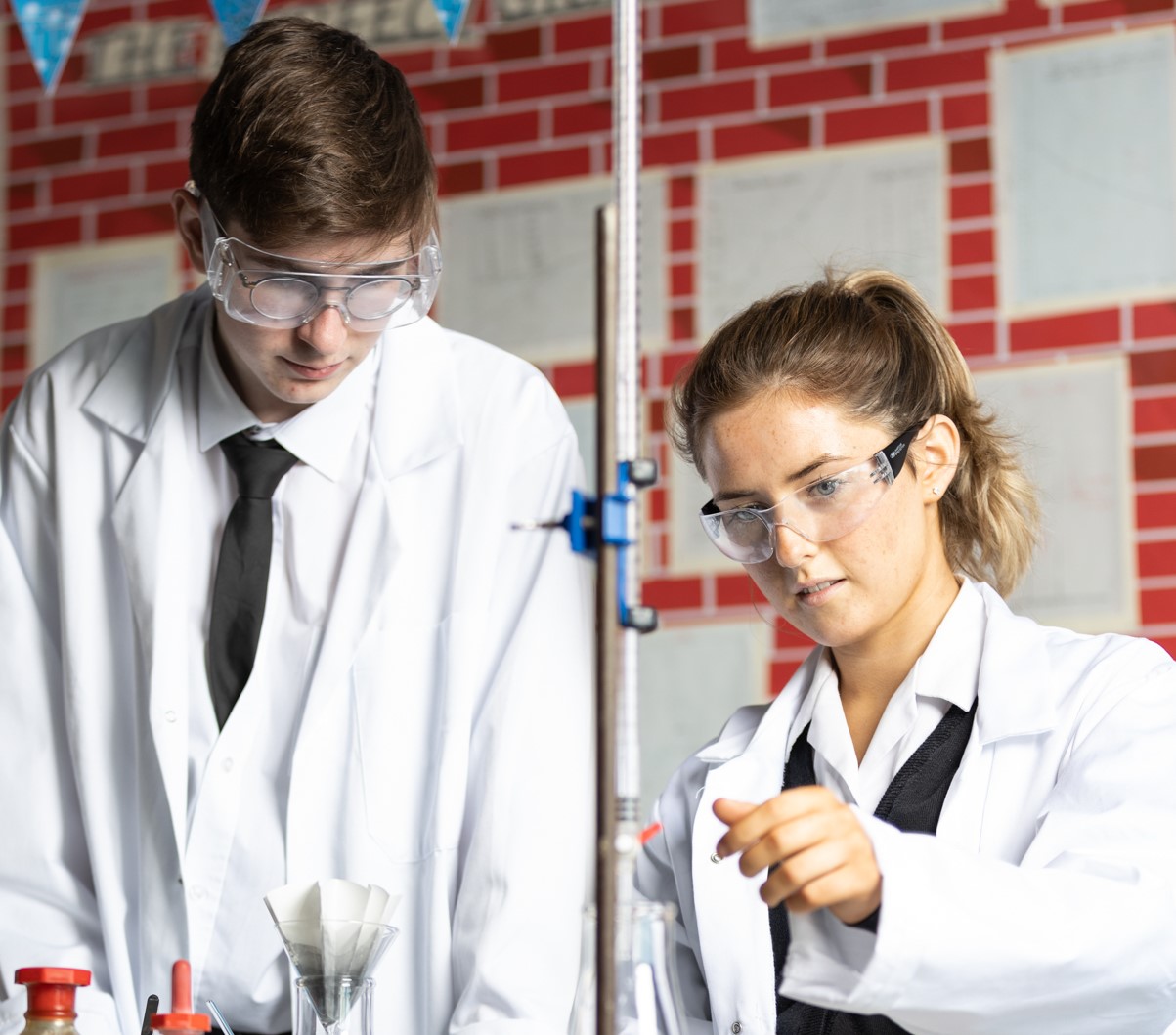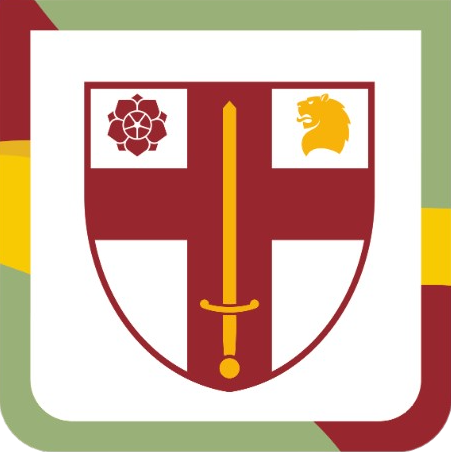Science

“The relationship between religion and science involves discussions that interconnect the study of the natural world, history, philosophy, and theology.”
Overview
Science at Cardinal Heenan aims to develop any preconceptions that students have about science from any early interactions they may have had. Whilst helping them to direct their learning in a way that allows them to find answers to their questions about the world around them. Scientific theory is brought to life through a variety of activities in the class and laboratory practical experience.
Aims of science education
-
To engage the curiosity of pupils of the world around them using the power of knowledge.
-
To empower students to view science through an inclusive lens encouraging students to strive for aspiration goals.
-
To develop the culture capital of all pupils through the teaching of concepts that would be encountered every day.
-
To develop a confidence to question, challenge and discuss their learning.
-
To foster a love of learning and the development of problem-solving skills.
Curriculum intent
In science, we aim for our pupils to experience and begin to understand complex and diverse wonders of living organisms and the universe around them. We want to develop curiosity, allowing our pupils to ask questions, investigate and evaluate. Pupils should explore the world of science that has come before them and ponder on the possibility’s science can bring in the future. We strive for our students to be able to use the powerful knowledge of our curriculum to discuss and debate moral and ethical issues within the context of science with an emphasis on current, local, national and future world problems.
Key stage 3 curriculum
Students in year 7,8 and 9 will experience a programme of study that builds on learning from KS2. The content is divided into the 3 separate disciplines of biology, chemistry and physics.
Year 7
Biology
Cells, Structure and function of body systems and reproduction
Chemistry
Particles and atoms, chemical reactions and acids and bases
Physics
Forces, earth and the universe and electricity
Year 8
Biology
Ecosystem process, health and diet and digestion
Chemistry
Separation techniques, further chemical reactions and the earth
Physics
Further forces, electricity and magnetism and energy
Year 9
Biology
Disease, genes and variation and interdependence
Chemistry
The periodic table, The earths materials and measurements in chemistry
Physics
Waves, application of physics and matter
Key stage 4 curriculum
The KS4 curriculum builds on the learning from KS3. The curriculum is delivered in two different pathways:
Trilogy (combined science) – this will result in a double grade at GCSE.
Separate science pathway – this is an option that allows the students to study each discipline, biology, chemistry and physics separately resulting in individual grades for each discipline at GCSE.
Curriculum content
Biology
Year 10 – Cell biology, organisation, infection and response and bioenergetics
Year 11 – Homeostasis, inheritance and evolution and ecology
Chemistry
Year 10 – Atomic structure and the periodic tables, bonding and structure, quantitative chemistry, chemical changes and energy changes
Year 11 – Using the earths resources, rates of reaction, organic chemistry, chemical analysis and chemistry of the atmosphere
Physics
Year 10 – energy, electricity, particle model of matter and atomic structure
Year 11 – Forces, waves, magnetism and electromagnetism and space (separate students only)
Key stage 5 curriculum
Within the key stage programme of study students have the option to study biology, chemistry and physics as an A level qualification.
Alternatively, the students can opt to study the BTEC level 3 extended certificate in Applied human biology or applied general science.
Extra-curricular activities
Students are offered the opportunity to attend STEM club after school to continue to feed their scientific curiosities. STEM has recently been awarded the silver quality from the STEM enrichment partnership recognising the quality of this provision.
Students are also given the opportunity to attend various associations to encourage and inform the students of different academic pathways e.g. medical and engineering association.
Throughout the year students will have opportunities to attend external visits that will further develop their understanding of science and passion for learning.


